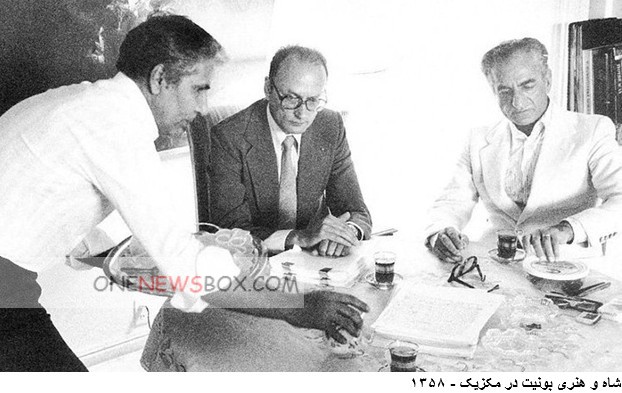
In her memoir, An Enduring Love, Farah describes the final months in Cairo with vivid emotion—how the Egyptian people showed kindness and respect, how Sadat’s hospitality restored their sense of humanity, and how the call to prayer echoing over the Nile became a daily reminder of peace after years of turmoil. The shah’s illusions about the power he wielded were reflected in his often naive economic policies, which fueled the unrest that eventually toppled him.
He seemed to believe that he could buck convention, that he could do the impossible by using huge influx of oil wealth to impose industrialization from the top. He tried to stick multibillion-dollar petrochemical complexes, nuclear power plants and other advanced industrial units into the arid landscape like pins into a map. Though the Islamic Republic of Iran has never sanctioned the return of his remains, the Shah’s resting place in Cairo has become a symbolic bridge between royal past and the broader Middle Eastern story of the 20th century.
